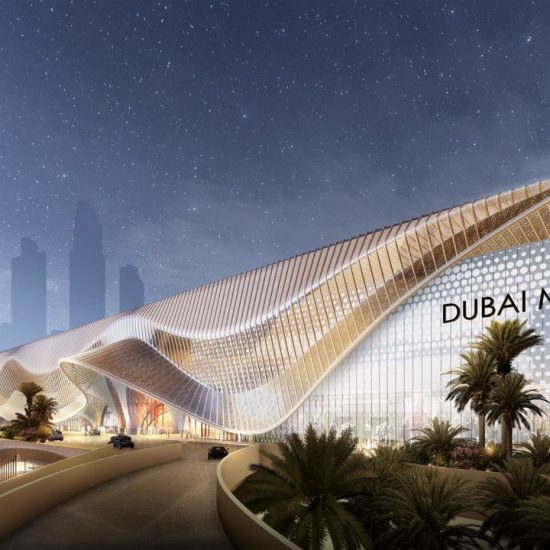
Over 6,000 delegates from 81 countries convened in Abidjan on Monday as the African Development Bank commenced its 2025 Annual Meetings, focusing on strategies to harness Africa’s capital for sustainable development. The five-day event, held at the Sofitel Abidjan Hotel Ivoire, is set to culminate in the election of a new president to succeed Dr. Akinwumi Adesina, whose decade-long tenure concludes in September.
The summit’s theme, “Making Africa’s Capital Work Better for Africa’s Development,” underscores the continent’s pursuit of self-reliance amid global economic challenges, including proposed $555 million funding cuts from the United States. This financial shortfall has intensified discussions on mobilising domestic resources and fostering partnerships with non-traditional donors such as China, Saudi Arabia, and the United Arab Emirates.
Five candidates are vying for the presidency, each bringing distinct visions to steer the AfDB through this pivotal period. Swazi Tshabalala, the sole female contender and former senior vice president of the AfDB, advocates for internal restructuring to enhance infrastructure focus and innovation in financial instruments. Amadou Hott, Senegal’s ex-economy minister, emphasises African financial self-reliance by improving revenue mobilisation and facilitating private-sector investments. Samuel Munzele Maimbo, a Zambian and current World Bank vice president, proposes enhancing intra-African trade and regulatory streamlining. Sidi Ould Tah of Mauritania focuses on economic sovereignty, capital mobilisation, and building climate-resilient infrastructure. Abbas Mahamat Tolli, with extensive financial experience across Central Africa, aims to strengthen governance and promote digital finance mechanisms.
The election process requires a double majority: over 50% of votes from the 54 African member states and a similar majority from the broader 81-member group, including non-African stakeholders. The outcome, expected on Thursday, will determine the bank’s leadership amid pressing financial and developmental challenges.
A key highlight of the meetings is the launch of the African Economic Outlook 2025 report, which analyses the continent’s economic performance and outlines strategies for effective capital mobilisation. The report addresses issues such as low tax-to-GDP ratios, inefficient public expenditure, and the need for institutional reforms to improve governance and reduce illicit financial flows.
The summit also features thematic discussions on building effective institutions, leveraging digital transformation, and enhancing governance to foster inclusive and resilient economies. These discussions aim to align with the Sustainable Development Goals, the Paris Climate Agreement, and the African Union’s Agenda 2063.
Energy access remains a focal point, with the AfDB highlighting its achievements in connecting over 25 million people to electricity over the past decade. The bank’s “Light up and Power Africa” initiative and the recent “Mission 300” collaboration with the World Bank aim to provide electricity to 300 million Africans by 2030, emphasising renewable energy investments and public-private partnerships.
The meetings occur against a backdrop of global economic shifts, including increased U.S. import tariffs and reduced bilateral support to African countries. These developments have prompted African leaders to advocate for greater self-reliance and the establishment of mechanisms like the African Financial Stability Mechanism , designed to prevent potential debt crises by borrowing on international capital markets with its own credit rating.



